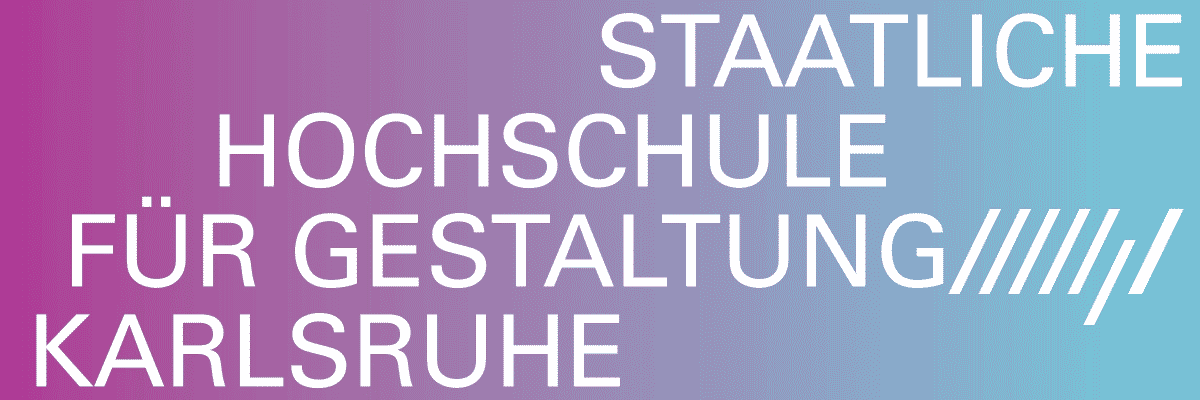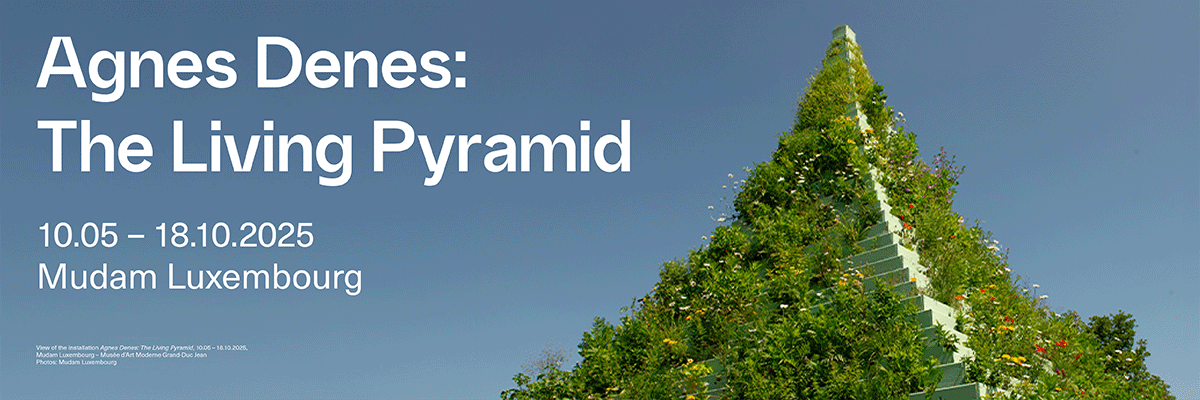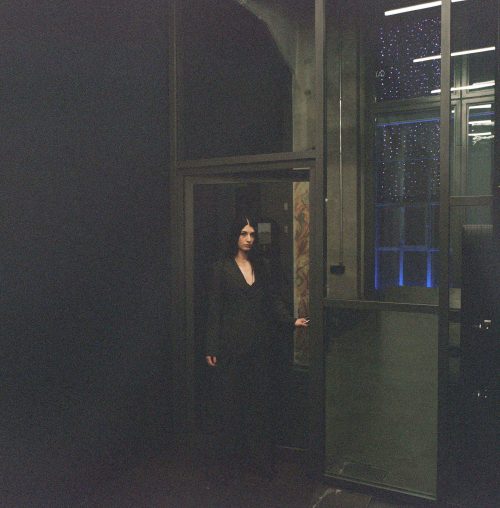
Jakub Żwirełło @jazwirello
Leave them all behind
Project Info
- 💙 Rodríguez Foundation @rodriguez_foundation
- 🖤 Jakub Żwirełło @jazwirello
- 💜 Filip Połaniecki @filip_polan)
- 💛 Filip Połaniecki @filip_polan)
Share on

198,973$ Dollar Smile
Advertisement

198,973$ Dollar Smile (1)

198,973$ Dollar Smile (1)

Idling

Idling

Leave them all behind - exhibition view

Leave them all behind - exhibition view

Leave them all behind - exhibition view

Leave them all behind - exhibition view

Nothing Keeps

Nothing Keeps

Nothing Keeps

Nothing Keeps

Our Cities Burn and Steel Remains Cold

Our Cities Burn and Steel Remains Cold

Our Cities Burn and Steel Remains Cold

Safety, Comfort, Control

Safety, Comfort, Control

Safety, Comfort, Control

Threshold
Peter Stratenwerth, in an interview with Jonathan L. Ramsey published in 2023, recounts how a dairy cow, after he had taken her calf away and begun to milk her, gradually started to display the same behaviors and gestures toward him that she would have shown to her own offspring—such as licking him behind the ear. As he puts it: “I somewhat replaced her calf.”
Similarly, a fence surrounding a pasture mimics threat and limitation—the same role that predators play in nature. It sets the boundaries within which the herd can move safely. When an animal gets too close to the forest, an electric shock makes it leap back, as if startled by the sight of a predator—much like a person recoils from the road when, about to cross, they suddenly spot a speeding car approaching.
Carl Gustav Jung, based on his research, concluded that in modern imagination and dreams, cars have taken over the function of archetypal threats—once embodied by wolves, lions, tigers, and the like among early peoples. This is an example of symbolic transformation: the predator becomes a machine, and the instinctive fear of danger shifts onto technology.
Many years later, Timothy Morton, in his book Hyperobjects: Philosophy and Ecology after the End of the World (2013), describes cars as predators lying in wait at pedestrian crossings.
In the city, there is no greater immediate threat to life than a traffic accident. On both sides of such an incident, the creatures involved are often members of the same species. They take on for one another both the role of victim and aggressor. They are at once herder and milker to each other—as if the food chain were tangling at its very end.
Filip Połaniecki @filip_polan)




